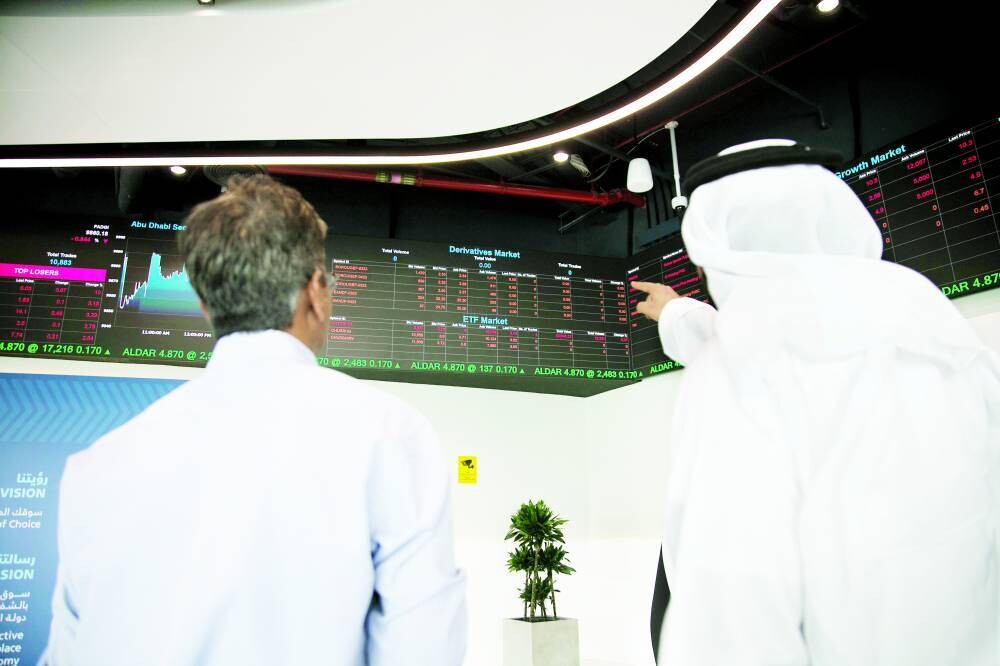
Emirati stock indices closed the first trading session of the week with a slight negative balance. The ADX Dubai Index fell 0.25% to 6,050.9 points, while the ADX Abu Dhabi Composite Index rose 0.24% to 10,224.4 points. "The market is experiencing a slight correction between Dubai and Abu Dhabi, where non-bank and banking stocks are declining. Large listed companies, such as Emaar, are also able to positively impact the dynamic of the market," analysts say.
In Dubai, the shares of Emirates NBD (-1.6% to 27.35 dirhams) and the shares of Emaar (-0.34% to 14.4 dirhams) were declining. Other stocks that rose included Emaar Development (+1.7% to 14.65 dirhams), Dubai Islamic Bank (+0.1% to 9.75 dirhams) and Dubai Investments (+1.5% to 0.985 dirhams). The decline in Emaar's shares, which account for 40% of the market's capitalization, affected the overall index.
In Abu Dhabi, the shares of Abu Dhabi Commercial Bank (-2.8% to 15.02 dirhams), Abu Dhabi Islamic Bank (-0.8% to 21.72 dirhams), and non-energy stocks such as ADCO Gas (-0.5% to 3.59 dirhams) and ADCO Drilling (-0.5% to 5.77 dirhams) were rising. At the same time, Dubai First Bank fell by 1.6% to 17.38 dirhams, while Sharjah Islamic Bank rose by 4.16% to 3 dirhams.
The most significant increase in trading volume was for the shares of Sharjah Islamic Bank, which rose by 1.7%, with a turnover of 167.67 million dirhams, which is 5.18% of the total market capitalization. "High trading volumes indicate the activity of institutional investors in the financial sector," experts say.
Meanwhile, at the beginning of the next week, other indices are also showing more dynamics. "The directors of large companies are required to publish quarterly reports for the fourth quarter of 2025, which creates a discrepancy in the activity of stocks," experts note. At the close, the ADX Dubai Index rose by 0.47% to 6,069.56 points, while the ADX Abu Dhabi Composite Index fell by 0.27% to 10,164.56 points.
The key factors remain the focus on investments between banks, oil and non-oil sectors, where the Emirati trend is stable. "Changes in tariffs and the need for corporate analysis are required," a financial sector expert adds.













